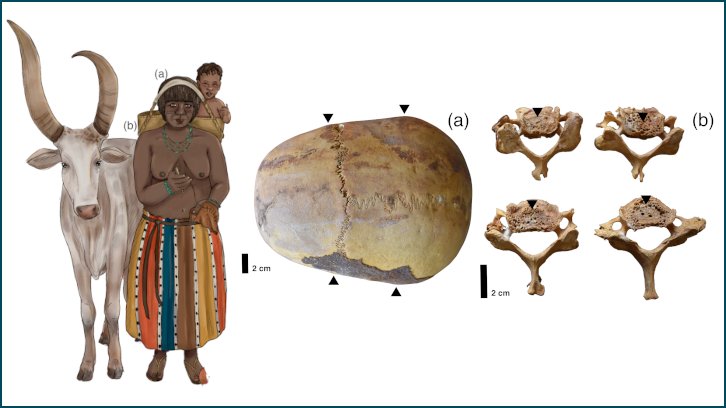Governing intersectional climate justice: tactics and lessons from Barcelona

A study conducted by ICTA-UAB explores the city of Barcelona's tactics to address climate resilience alongside social inequalities. Strategies such as innovative planning, cross-sectoral collaboration, prioritization of care and local city approaches challenge traditional governance waves and offer valuable insights for creating fairer and more intersectional climate governance.
Cities and local governments are important actors in the global governance of climate change. However, the specific governance principles and arrangements that enable urban climate plans and policies to realize commitments to social equity and justice remain largely unexplored.
In this article, we use the city of Barcelona, Spain, as a critical case study of emerging “intersectional climate justice” practice. This approach suggests alternative pathways for bridging climate adaptation planning, transformative action, and social equity. It addresses intersecting vulnerabilities, emphasizes care, and adopts place-based approaches.
In Barcelona, this translates into plans to enhance resilience to climate change that are pursued in conjunction with efforts to tackle structural inequalities in accessing the built environment, health services, energy, housing, and transportation experienced by frontline communities.
We analysed 33 official city plans, declarations, and commitments related to climate action and social justice launched since 2015. Additionally, we conducted interviews with 23 municipal employees, technicians, and elected officials who work on various aspects of climate planning and/or action in Barcelona.
To assess the governance principles and arrangements used in climate governance, we focused our analysis on two key climate projects in Barcelona—Climate Shelters (Refugis Climàtics in Catalan) and Superblocks (Superilles in Catalan)—as well as municipal initiatives to reduce energy poverty more broadly.
Our study focused on the period from 2015 to 2023, as it was marked by intensifying efforts to create a greener, more liveable, and inclusive city, concurrently addressing social and economic inequalities.
We discovered that Barcelona pushes forward climate action with intersectional justice principles through four different categories of governance and decision-making tactics:
1) Experimenting with innovative and disruptive planning strategies.
2) Working transversally across agencies and actors to mainstream and institutionalize climate action and gender justice.
3) Putting care at the center of urban planning.
4) Mobilizing place-based approaches to tackle intersecting vulnerabilities of frontline residents.
These latter tactics seek to redistribute the benefits of climate-resilient infrastructures more fairly and to enhance participatory processes more significantly. Our study describes these tactics, illustrating them with quotes and anecdotes from the interviews and projects studied.
In essence, our research imparts lessons for more just climate governance in the city, where different tactics are mobilized to address socioeconomic and structural vulnerabilities that exacerbate the most vulnerable residents' experience of climate change. While the tactics, mechanisms, and principles identified in Barcelona may not be completely generalizable, they offer valuable insights for other cities or future research on climate action with an intersectional perspective.
Ana Terra Amorim Maia
Barcelona Lab for Urban Environmental Justice and Sustainability (BCNUEJ)
Institut de Ciència i Tecnologia Ambientals (ICTA)
Universitat Autònoma de Barcelona
References
Amorim-Maia, A. T., Anguelovski, I., Chu, E., & Connolly, J. (2023). Governing intersectional climate justice: Tactics and lessons from Barcelona. Environmental Policy and Governance. DOI https://doi.org/10.1002/eet.2075


